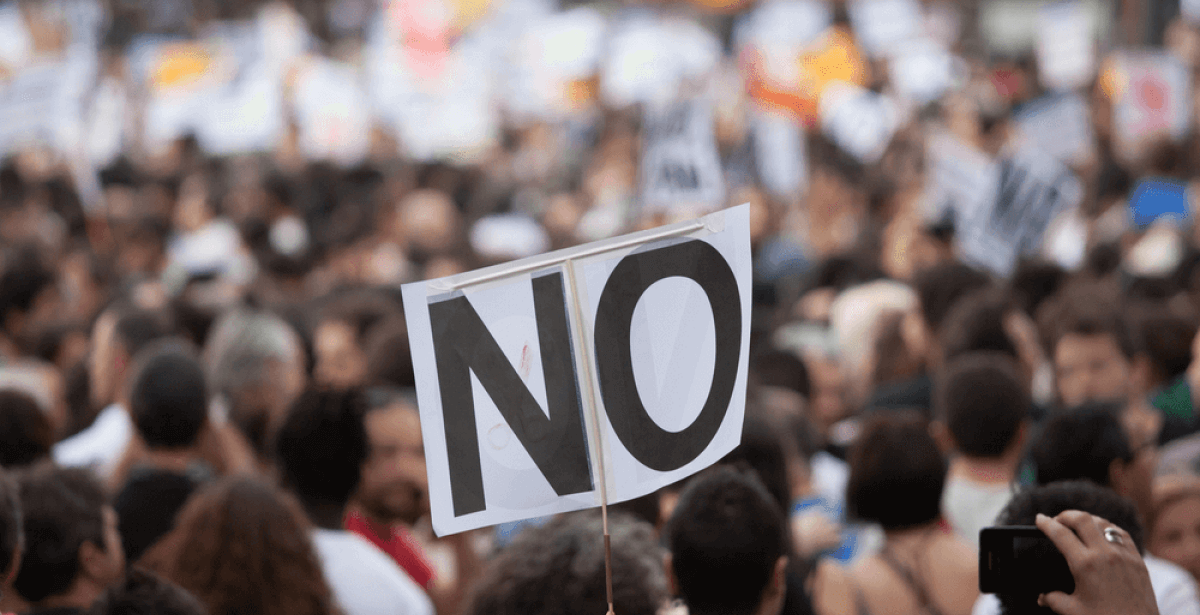 |
| Reserve Currency Status |
Introduction
The reserve currency status of a currency is its role as the most widely used currency in international trade and finance. The US dollar has been the world's reserve currency since the end of World War II, but there are a number of factors that could accelerate or hinder a change in this status.
Some of the factors that could accelerate a change in reserve currency status include:
Economic instability
- The COVID-19 pandemic: The COVID-19 pandemic caused a sharp decline in economic activity in 2020, and the recovery has been uneven. Some sectors, such as the technology sector, have rebounded strongly, while others, such as the travel and hospitality sector, are still struggling.
- The war in Ukraine: The war in Ukraine has caused energy prices to rise, which has put upward pressure on inflation. The war has also disrupted supply chains, which has made it more difficult for businesses to get the goods and services they need.
- The Federal Reserve's monetary policy: The Federal Reserve has been raising interest rates in an effort to combat inflation. However, these rate hikes could slow economic growth, which could lead to a recession.
 |
| Economic instability |
The combination of these factors has created a sense of economic uncertainty in the US. Businesses are hesitant to invest, and consumers are hesitant to spend. This uncertainty is likely to weigh on economic growth in the coming months.
There are a number of risks that could further destabilize the US economy. These risks include:
- A recession: If the Federal Reserve's rate hikes cause a recession, it could lead to a sharp decline in economic activity and a rise in unemployment.
- A financial crisis: If the economic instability leads to a financial crisis, it could have a cascading effect on the global economy.
- A political crisis: If the economic instability leads to a political crisis, it could lead to social unrest and a decline in confidence in the government.
It is too early to say what the long-term impact of the current economic instability will be. However, it is clear that the US economy is facing a number of challenges, and these challenges could have a significant impact on the lives of Americans.
Here are some of the potential consequences of the current economic instability in the US:
- Increased unemployment: As businesses slow down or even close, more people could lose their jobs. This could lead to an increase in unemployment, which could have a ripple effect throughout the economy.
- Declining wages: As businesses struggle, they may be forced to cut wages. This could lead to a decline in the standard of living for many Americans.
- Increased poverty: As wages decline and unemployment rises, more people could fall into poverty. This could have a number of negative consequences, such as an increase in crime and a decline in public health.
- Social unrest: The economic instability could lead to social unrest. If people become frustrated with the government's handling of the economy, they could take to the streets in protest. This could lead to violence and civil unrest.
The current economic instability in the US is a serious problem. It is important to be aware of the potential consequences of this instability and to take steps to protect yourself and your family.
Political instability
The current political instability in the US government is the result of a number of factors, including:
- The rise of political polarization: The US political system has become increasingly polarized in recent years. This polarization has made it difficult for the two major political parties to agree on anything, and it has led to gridlock in the government.
- The decline of trust in government: Public trust in the US government has declined significantly in recent years. This decline in trust has made it more difficult for the government to function effectively.
- The rise of social media: Social media has made it easier for people to spread misinformation and disinformation. This has made it more difficult for people to get accurate information about the government and its policies.
The combination of these factors has created a sense of political instability in the US. People are increasingly uncertain about the future of the country, and they are losing faith in the government's ability to solve its problems.
 |
| Political instability |
There are a number of risks that could further destabilize the US government. These risks include:
- A constitutional crisis: If the two major political parties are unable to agree on the rules of the game, it could lead to a constitutional crisis. This could happen if one party tries to overturn the results of an election or if one party tries to impeach the president.
- A government shutdown: The US government has shut down several times in recent years. These shutdowns have caused chaos and disruption, and they have made it clear that the government is not immune to political instability.
- Civil unrest: The political instability could lead to civil unrest. If people become frustrated with the government's handling of the country, they could take to the streets in protest. This could lead to violence and social unrest.
It is too early to say what the long-term impact of the current political instability will be. However, it is clear that the US government is facing a number of challenges, and these challenges could have a significant impact on the country.
Here are some of the potential consequences of the current political instability in the US government:
- A decline in the rule of law: If the government is unable to maintain order, it could lead to a decline in the rule of law. This could make it more difficult to protect people's rights and freedoms.
- A decline in economic growth: Political instability can make it difficult for businesses to invest and grow. This could lead to a decline in economic growth, which could have a negative impact on jobs and wages.
- A decline in social cohesion: Political instability can lead to social unrest and division. This could make it more difficult to address common problems and build a better future for the country.
The current political instability in the US government is a serious problem. It is important to be aware of the potential consequences of this instability and to take steps to protect yourself and your community.
Increased use of other currencies
The US dollar has been the world's reserve currency since the end of World War II, but there has been a recent increase in the use of other currencies globally. This is due to a number of factors, including:
- The rise of China: China is the world's second-largest economy, and its currency, the yuan, is becoming increasingly used in international trade and finance.
- The decline of the US: The US economy has been struggling in recent years, and this has led to a decline in the dollar's value.
- The growth of regional currencies: There has been a growth in the use of regional currencies, such as the euro and the yen, in intra-regional trade.
The increased use of other currencies globally could have a number of implications for the US dollar. For example, it could lead to a decline in the dollar's value, which could make it more expensive for US businesses to import goods and services. It could also lead to a decline in the US's influence in the global economy.
 |
| Other Currencies |
However, it is important to note that the dollar is still the world's most widely used currency, and it is unlikely to be replaced anytime soon. The factors that are likely to accelerate or hinder a change in the dollar's reserve currency status will vary depending on the specific circumstances.
Here are some of the factors that could hinder the use of other currencies globally:
- The strength of the US economy: If the US economy recovers, the dollar is likely to regain some of its value.
- The stability of the US political system: If the US political system becomes more stable, the dollar is likely to become more attractive to investors.
- The continued dominance of the US dollar in international finance: The US dollar is still the most widely used currency in international finance, and it is unlikely to be replaced anytime soon.
The increased use of other currencies globally is a complex issue with no easy answers. It is important to monitor the factors that are likely to accelerate or hinder this trend, as they could have a significant impact on the global economy.
Some of the factors that could hinder a change in reserve currency status include:
- The size and depth of the US financial market: The US financial market is the largest and deepest in the world, and this gives the dollar a number of advantages as a reserve currency.
- The US military and political power: The US military and political power are also important factors in maintaining the dollar's reserve currency status.
- The widespread use of the dollar in international trade and finance: The dollar is currently used in over 80% of international trade and finance, and this gives it a significant network effect.
It is important to note that the reserve currency status of a currency is not static. It can change over time, depending on a variety of factors. The factors that are likely to accelerate or hinder a change in reserve currency status will vary depending on the specific circumstances.
In recent years, there has been some debate about whether the dollar is losing its reserve currency status. This debate has been fueled by a number of factors, including the rise of China as a global economic power and the increasing use of the euro in international trade and finance.
However, it is still too early to say whether the dollar will lose its reserve currency status in the near future. The dollar remains the most widely used currency in international trade and finance, and it is unlikely to be replaced anytime soon. However, the factors that are likely to accelerate or hinder a change in reserve currency status are worth monitoring, as they could have a significant impact on the global economy.
Comments
Post a Comment
Thank you for your comments and ideas.